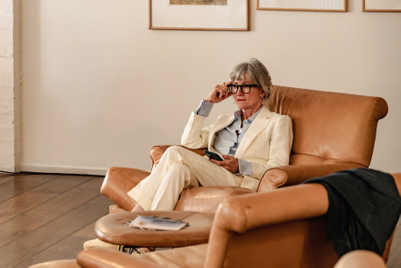
Many, if not most, large Japanese enterprises are looking outside Japan for revenue growth. The reasons most often given for this are now pretty stale: economic stagnation, ageing population, low birth rate and so on. Thankfully, we don’t hear the phrase, ‘Japan is a small island country’ much anymore. But Japan’s geographical limitations do impose limitations on growth as well.
Both foreign agencies and Japanese majors are more than happy to help Japanese brands strengthen their positions in overseas markets. Yet very few major Japanese accounts are managed by foreign agencies from Japan.
In the agency world, there is an ongoing debate about ‘Japanese exceptionalism’, or whether Japan is different and important enough to treat separately from other Asian countries. It’s straightforward economics: is it worthwhile engaging Japanese companies and consumers on their own terms? When does this mean diminishing returns?
The converse of the debate is less ambiguous. Senior executives at established or emerging Japanese multinationals do not see themselves as regional players or emerging multinationals. They see themselves as equals to their Western counterparts—and rightly so.
Japanese agencies do not assign global B-teams, regional headquarters or satellite offices to manage their major Japanese clients. They assign their most senior and experienced officers.
For senior corporate decision makers in Japan, there are few reasons to trust non-Japanese agencies—although it is frequently the case that they are hungry for new thinking, especially in overseas markets. If you were in their shoes, would you entrust your most important pieces of business to companies who don’t perceive you as being among their highest priority clients?
A flight from the US West Coast to Tokyo is only two hours more than from Singapore. Distance is no excuse. Most Japanese leaders don’t feel any special kinship towards other national or ethnic cultures in Asia. So ‘Asian specialisation’ isn’t a compelling argument either. If you were the CMO of Mitsubishi Electric or Kao, would you rather have your relationship managed by the senior partner based in Los Angeles or the Asian regional director? Be honest.
Of course, simply changing the reporting structure for Japan in your network is not a complete solution. If they are serious about winning in and with Japan, Western-based agencies in Japan might reconsider their overall engagement strategy and commitment to the market.
It will be time-consuming, resource-intensive and expensive. Nonetheless, in most cases, with a bit more organisational creativity and global resource commitment, we can do better even without massive investments.
 Barry Lustig is managing partner of Cormorant Group, a Tokyo-based business and HR strategy consultancy. Barry Lustig is managing partner of Cormorant Group, a Tokyo-based business and HR strategy consultancy. |


.jpg&h=334&w=500&q=100&v=20250320&c=1)


.png&h=334&w=500&q=100&v=20250320&c=1)


.jpg&h=334&w=500&q=100&v=20250320&c=1)
.jpg&h=334&w=500&q=100&v=20250320&c=1)





.jpg&h=268&w=401&q=100&v=20250320&c=1)


.jpg&h=268&w=401&q=100&v=20250320&c=1)
